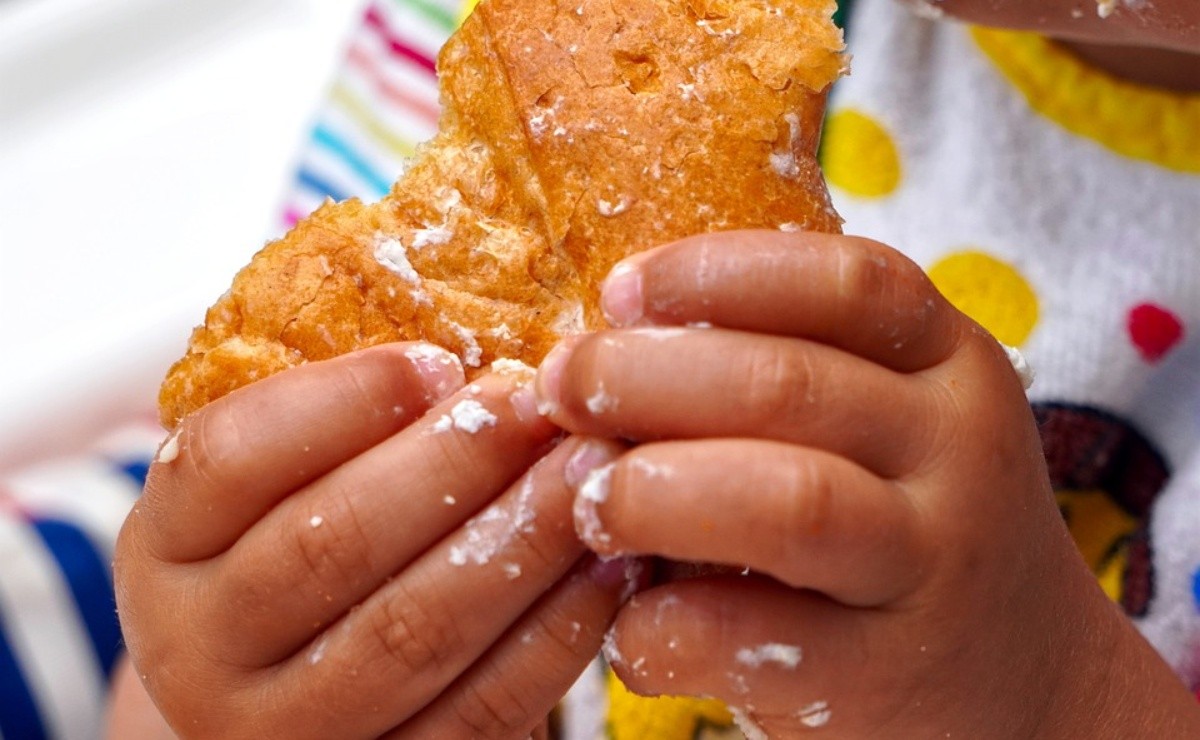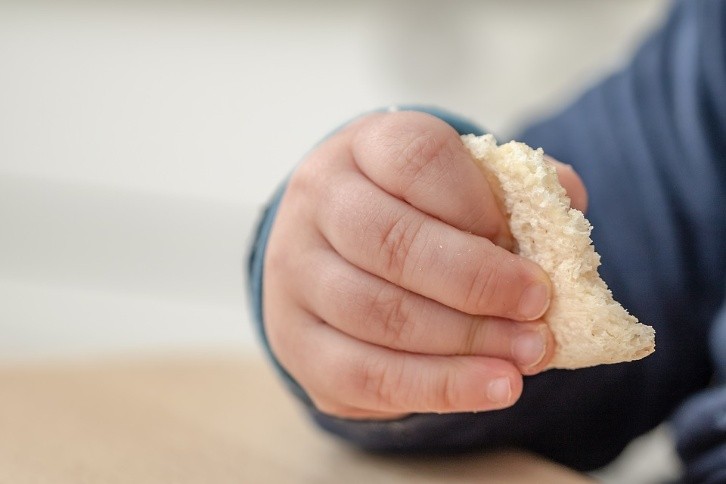
Why are there obese children? a questioning that raises concern, but part of childhood obesity begins at home
Obesity in childhood is putting the lives of more than 41 million children around the world at risk. In the fight against this epidemic, the role of parents is essential. Not only is it enough to educate in healthy habits, you have to lead by example.
How to prevent childhood obesity from home? and we dismantle some ideas about food that harm our children. In Spain, one in four children between the ages of 2 and 17 is overweight and 15% suffer from obesity in childhood, figures that have increased alarmingly in the last twenty-five years.
Childhood overweight and obesity increase the risk of developing multiple health problems, which if not treated in time can become even more complicated in adulthood.

Dr. Raquel Jiménez, head of the Pediatrics section at the Niño Jesús Hospital in Madrid, explains in an interview for ‘El Bisturí’, the EFEsalud radio program, how to prevent overweight and obesity in childhood from home.
Why are there obese children?
Children’s hospitals are witnessing a significant increase in obesity levels. To such an extent that the World Health Organization (WHO) already speaks of childhood obesity as a new ‘epidemic’.
Childhood obesity is a global problem caused largely by today’s prevailing diet and lifestyle. This, together with the new forms of entertainment that promote sedentary lifestyle, have caused thousands of children to develop this chronic disease.
"Fast foods, processed foods, increasing portion sizes … Our children are spending less time outdoors and more time sitting playing video games," says the pediatrician.
Medical and emotional problems
“Obesity in children and adolescents increases the likelihood that they will develop quite a few medical problems. If we do not treat this in time, in adulthood they will have a greater risk of suffering from heart diseases, among others, ”explains Dr. Jiménez.
Main risks
- Diabetes.
- Hypertension.
- High cholesterol.
- Mobility problems
- Joint problems
- An increased risk of asthma and difficulty maintaining normal breathing during sleep.
“In addition, obesity and childhood overweight can also cause emotional problems in children. For this reason, it is very important to treat it in time and, if we can, prevent it ”, he emphasizes.
Prevent obesity in childhood from home
As with other eating disorders, such as anorexia, the role of parents is essential to prevent children from developing these types of eating behaviors.
Early detection is essential and should start at home. It is very important that parents instill healthy eating habits in their children from a very early age and, "above all, that they lead by example," emphasizes the specialist.
“Something very important is to involve the whole family. This has to be a healthy lifestyle for everyone and that involves the whole family, not just the obese child ”, he adds.
Pediatrician recommendations
- Eating as a family, talking and with the television turned off.
- Teach children to eat healthy. Eat fruit and vegetables at least 5 times a day
- Avoid leading a sedentary life. Older children and teens should get at least one hour of physical exercise a day.
Ideas about food that harm our children
Always keep the plate clean
“We have to stop imposing that rule. Forcing the child to eat everything on the plate, regardless of whether he is hungry or not, is not good because the child does not learn to eat when he is hungry and to say enough when he feels full ”, explains the pediatrician.
Being overly strict
“Nor do you have to be very strict and completely prohibit the consumption of some foods. If we are very strict, when our children leave the house they will have a lot of greed to eat those forbidden foods. We have to lead a healthy life, but nothing happens because, from time to time, the child has something sweet that he likes ”.
Using food as a reward or punishment
“We must not use food as a punishment or as a reward. We have to find other ways to tell him what is right and what is wrong without linking it to food. "
"Changing these little ideas around food, yes they can help us to educate our children about what a healthy diet is. And this is beneficial in the long term ”, concludes the pediatrician Raquel Jiménez.
It may interest you: Why do we gain weight?